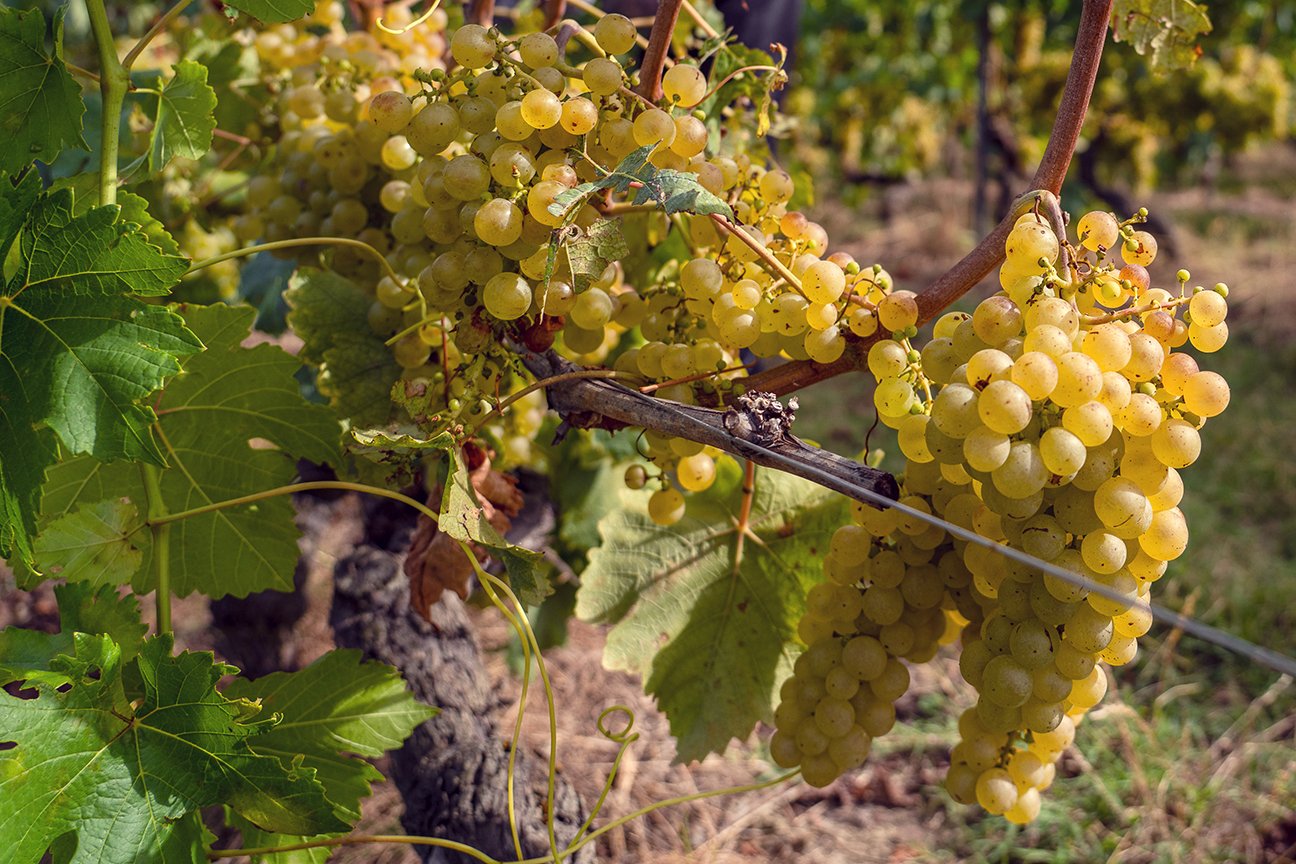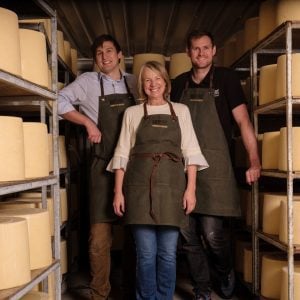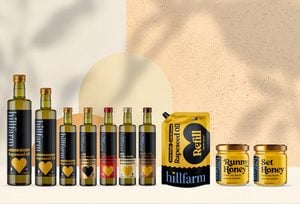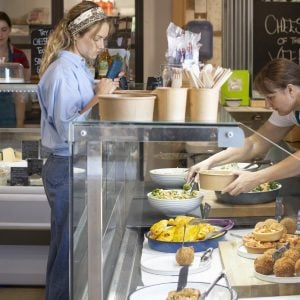
Lord Ashcroft appears set to sell his majority stake in English wine company, Gusbourne, as several producers have sought investment or new ownership in recent months. The ex-chair of the Conservative Party said he was considering “various strategic options” of what to do with his 66.76% shareholding of the Kent-based company, which could include a sale, he said, or “a strategic merger with a similar company. It a capitalisation or restructuring of all or part of my debt.”
As seen on Companies House, Gusbourne recorded gross margins of 59.2% and £6.2m of revenue in the year up to December 2022 – up 49% on the previous year. It recorded an operating loss of £2.2m that year, not unique among English wine producers not yet making a profit in a nascent industry.
Because England’s cool, maritime climate lends itself best to making sparkling wine, it makes up just under 70% of production, according to trade group WineGB. And the sector relies on long-term investment in land and planting; grapes are often handpicked; equipment is expensive and wine needs to be stored for extended periods of time. It requires high levels of investment to enter the market, but the expectation is one of long-term profits, selling a product that rivals Champagne in quality.
Despite the hurdles to entry, English wine production was up 77% in 2023 compared with 2022 – totalling 21.6 million bottles – with the number of vineyards passing the 1,000 mark for the first time. Nicola Bates, CEO of WineGB called this “a real milestone for our industry, cementing our position as the UK’s fastest growing agricultural sector.”
But there is a theme of producers seeking investment – this was the case for Rathfinny last year, which also isn’t yet profitable, while Hambledon was sold to Berry Bros & Rudd. Chapel Down, English wine’s biggest producer, also recently announced that it was considering putting itself up for sale, among several funding options which include seeking investment from new and existing shareholders. In Chapel Down’s case, the review was said to be in view of “supporting the firm’s growth and investment plans”, as it projects producing 3,000 tonnes of grapes and three million bottles a year by 2028.
This article first appeared in the September 2024 edition of Fine Food Digest.



